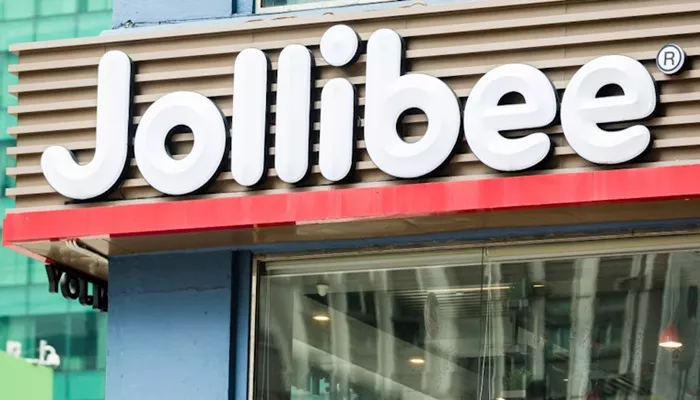Jollibee Foods Corporation (JFC) announced on November 5 that it has completed the acquisition of Tim Ho Wan, a renowned dim sum chain from Hong Kong. This acquisition grants Jollibee full control over the brand, which is celebrated for being “the cheapest Michelin restaurant in the world.” Tim Ho Wan will now be part of Jollibee’s portfolio and will serve as its primary brand for Chinese cuisine.
The announcement has sparked significant discussion within the food industry, particularly concerning the future quality of Tim Ho Wan’s offerings. Since Jollibee began acquiring shares in Tim Ho Wan, some consumers have expressed concerns that the quality of food may decline under new management. Jollibee aims to position Tim Ho Wan as its flagship Chinese restaurant brand, but it remains uncertain whether this strategy will successfully attract customers on a global scale.
Acquisition Details
Jollibee has held a 92% stake in Tim Ho Wan since January 2024 and recently finalized the acquisition of the remaining 8% for S$20.2 million (approximately US$15.3 million). The deal was formalized through an agreement with Titan Dining LP, which previously managed the brand. Jollibee’s statement to the Philippine Stock Exchange emphasized its commitment to enhancing Tim Ho Wan’s reputation by bringing “the best of Hong Kong to the world.”
Background on Jollibee And Tim Ho Wan
Founded in the Philippines by Fujian overseas Chinese Chen Juezhong, Jollibee is famous for its fried chicken and has expanded to become one of Asia’s largest fast-food chains. In addition to Jollibee, the company owns several other brands, including Taiwanese fast food chain Yonghe King and porridge shop Hong Zhuangyuan.
Tim Ho Wan was established in 2009 by chefs Mak Kwai Pui and Leung Fai Keung. It has gained international acclaim for its high-quality dim sum and operates around 80 locations across 11 countries.
Consumer Concerns
Following the announcement of the acquisition, many diners took to social media to voice their worries about potential declines in food quality. Critics pointed out that previous experiences with Jollibee’s other brand, Happy Bee, raised concerns about ingredient quality. Some netizens specifically mentioned that Happy Bee’s coffee beans and tea were of mediocre quality, leading them to fear that similar standards might affect Tim Ho Wan’s offerings.
There are also apprehensions regarding signature dishes like pork buns, with some predicting that their quality could deteriorate under Jollibee’s management.
Related topics:
- Fast Food Chain to Open New Location in Livingston Parish: Details on Where And When
- Taco Bell to Launch Crispy Chicken Nuggets Nationwide
- Popeyes to Open 60 New Restaurants in The Czech Republic

